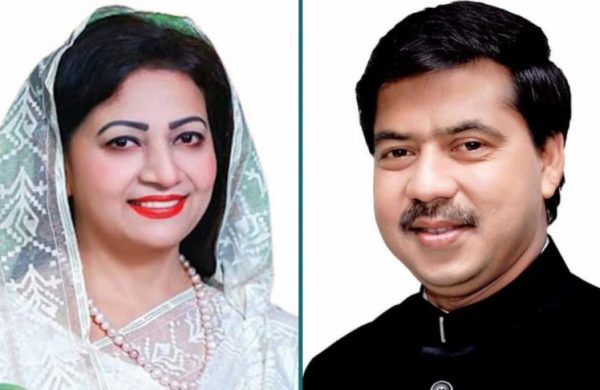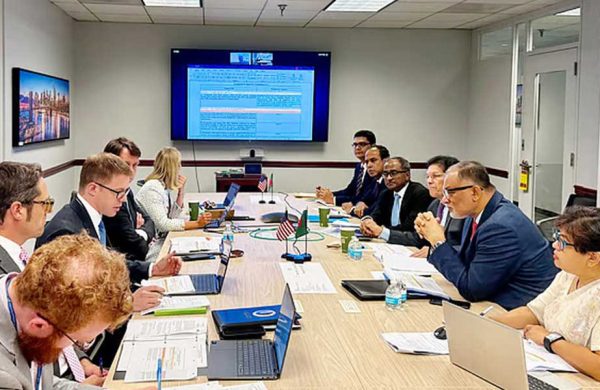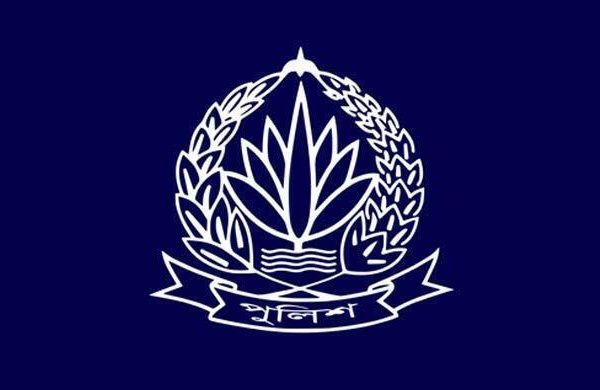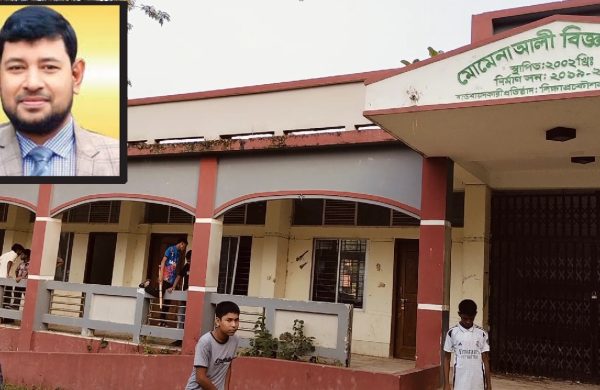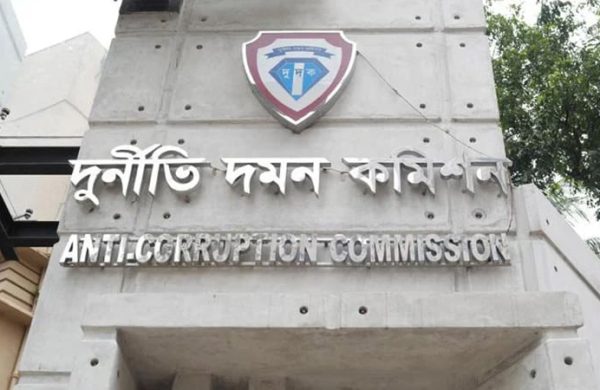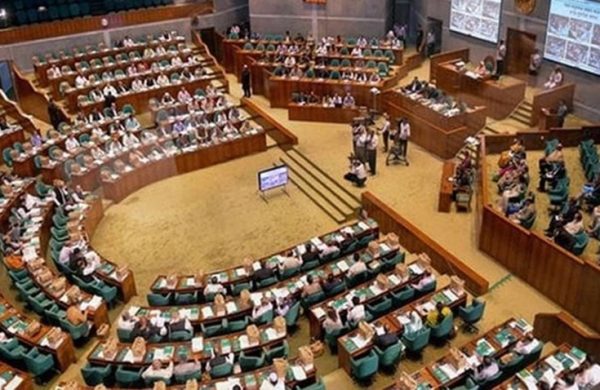High price of rice in Bangladesh bucks the trend of easing inflation
- Update Time : Tuesday, July 29, 2025
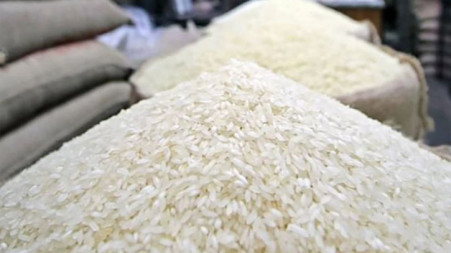
Staff Correspondent:
Despite a record Boro harvest, rice prices in Bangladesh remain unusually high, raising questions about market manipulation amid weak monitoring as well as regulation.
A visit to several rice wholesale markets in Dhaka reveals only a marginal decrease in prices. Coarse rice is selling at Tk 55 per kilogram, while the “Atash” variety is priced at Tk 65 per kg.
Medium-quality Nazirshail and Miniket varieties are going for Tk 70–75 per kg, while premium Kataribhog and Miniket are fetching Tk 85–90 per kg in some areas. All of these prices are roughly Tk 5 per kg higher than in the period just prior to the last Eid ul Azha.
The price of 50-kg sacks has increased by Tk 350–500, depending on the variety.
At Uttar Badda’s rice market, popular brands like Diamond, Mozammel, Palki, Royal, and Rasid are being sold at higher prices. Retailers claim they’re not receiving enough supply from millers and are being forced to purchase at higher prices. A similar situation exists at Karwan Bazar, where long-established syndicates between rice agencies, millers and corporate houses can essentially collude to control the price of rice.
DEFYING THE TREND
The latest monthly report of the Planning Commission’s General Economics Division notes that inflation has finally started easing in recent months. Point-to-point inflation in June was recorded at 8.48% by the Bangladesh Bureau of Statistics, marking the first time in 27 months that the inflation rate had fallen below 9%.
The decline of 57 basis points (from 9.05% to 8.48%) was substantially larger than the one in May, when it declined by just 12 basis points (to 9.05% from 9.17% in April). Although this has been attributed mainly to a decline in food inflation, which fell quite sharply by a full 120 basis points, or 1.2% in June (from 8.59% in May to 7.39%), the price of rice has bucked the trend and continues to exert upward pressure on the price level.
Inflation in rice markets was recorded at an eye-watering 15% in June by BBS. It means even though Boro paddy collection started in late April, the market has seen little relief. With harvesting complete in many districts, the anticipated market correction has not materialised.
The Department of Agricultural Extension (DAE) reports that around 5 million hectares were cultivated for Boro this season, targeting a final output of 22.6 million metric tons (MT)—1.6 million MT more than last year. However, increased costs for fertilizer, irrigation, and diesel have raised production expenses. Farmers say per-kilogram costs have risen from Tk 25 to Tk 28–30 this year.
FARMERS BLAME MILLERS
Farmers from Barishal, Jhalakathi, Barguna, Patuakhali and Pirojpur districts report that increased input costs — not adverse weather—are hurting them the most.
Khokon Hawlader from Jhalakathi’s Nalchity upazila said, “Diesel prices are up by Tk 15 per liter, and fertilizers aren’t being sold at the government rate. We had to buy them without receipts at inflated prices. But even then, millers are not offering fair prices.”
Abdul Khalek of Barishal’s Bakerganj said, “Millers set the price themselves. Until Eid-ul-Azha, paddy was in farmers’ hands and prices were stable. But once it reached the millers, prices spiked.”
Neyamat Ali from Pirojpur’s Bhandaria echoed, “People think high rice prices benefit us. But we sell paddy cheap and buy rice at high prices. There’s no oversight—neither on fertilizer dealers nor on stockpiling millers.”
CAN IMPORTS PULL DOWN THE PRICE?
The government began procuring Boro paddy on April 24 and will continue until August 31. It plans to buy 3 lakh MT of paddy at Tk 36 per kg and 1.4 million MT of rice at Tk 49 per kg, according to Food Adviser Ali Imam Majumder.
Fearing poor Aman yields due to erratic weather, the government also plans to import 4 lakh MT of rice from international markets and allow private import of another 5 lakh MT, adding up to 9 lakh MT.
Finance Adviser Salehuddin Ahmed told reporters that lower global rice prices will help stabilize the market once imports begin.
The Consumers Association of Bangladesh (CAB), however, argues that rice imports are not a sustainable solution. Vice President SM Nazer Hossain said although private companies get import approval, they rarely open LCs (Letters of Credit) to follow through.
“Last year too, traders showed no interest in importing rice. That’s because they already had stocks and preferred selling them at high prices,” he said, adding, “No one monitors why they aren’t importing even after getting approval.”
Agricultural experts say the DAE increases paddy production targets yearly without verifying whether the targets are met.
CAB’s Nazer said, “Whenever prices rise, these narratives emerge. It’s a tactic to divert public attention and protect unscrupulous traders.”
Strict monitoring from production to retail, punishment for hoarding, and cracking down on inflated production costs are the key to stabilising rice prices with the existing domestic supply.



